Political Science
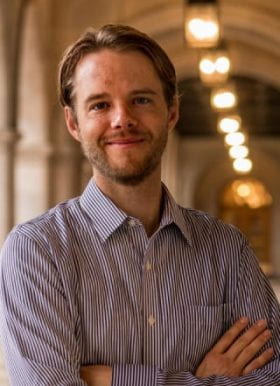
David Carter
Associate Professor, Political Science
PhD, University of Rochester
- Email: davidcarter@wustl.edu
David Carter’s research is in the field of international relations, with a focus on interstate conflict substate political violence.

Dino Christenson
Associate Professor, Political Science
PhD, Ohio State University
- Email: dinopc@wustl.edu
Dino Pinterpe Christenson studies American political behavior and quantitative methods. His recent work explores presidential voting behavior, campaign dynamics in primary elections, the coalition strategies of interest groups, and public opinion and the media environment of institutional outcomes
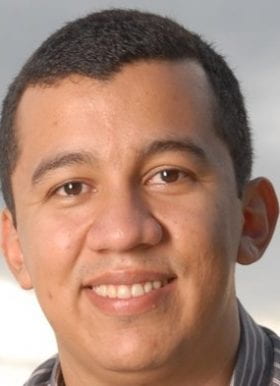
Ted Enamorado
Assistant Professor, Political Science
PhD, Princeton University
- Email: ted@wustl.edu
I am an Assistant Professor in Political Science at Washington University in St. Louis. I hold a PhD in Politics (Political Economy program) from Princeton University, where I was affiliated to the Program for Quantitative and Analytical Political Science (Q-APS), the Research Program in Political Economy, and the Fellowship of Woodrow Wilson Scholars. My fields of specialization are Political Economy and Political Methodology.

Christopher Lucas
Assistant Professor, Political Science
PhD, Harvard University
- Email: christopher.lucas@wustl.edu
Christopher Lucas develops and applies models for the analysis of massive quantities of text, imagery, audio, and video, in order to uncover how and what people learn about politics. Substantively, he is broadly interested in large-scale summaries of political information online, and is currently studying how online newspapers report on crime and corruption, and, separately, how candidates for elected office communicate with voters through advertisements.
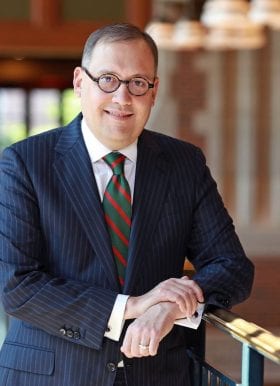
Andrew D. Martin
Professor, Political Science and Law
Chancellor, Washington University in St. Louis
PhD, Washington University in St. Louis
- Email: admartin@wustl.edu
Andrew D. Martin specializes in quantitative political methodology and empirical legal studies. His methodological work focuses on Bayesian statistics, Markov chain Monte Carlo methods, and statistical computation. He has also done extensive work on measurement models and models of discrete choice. His substantive work looks primarily at decision-making in courts, especially the U.S. Supreme Court.
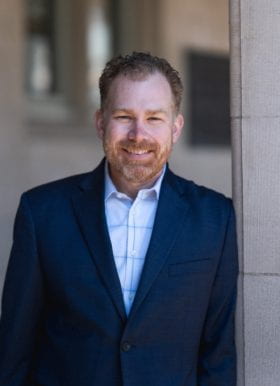
Jacob Montgomery
Track Chair, Political Science
Associate Professor, Political Science
PhD, Duke University
- Email: jacob.montgomery@wustl.edu
Jacob Montgomery is an Associate Professor in the Department of Political Science at Washington University in St. Louis. His research is in the areas of political methodology and American politics, with a special interest in political parties.
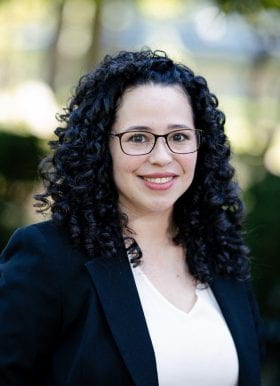
Lucia Motolinia
Assistant Professor, Politcal Science
- Email: luciam@wustl.edu
Lucia Motolinia’s research tries to better understand how electoral institutions affect political behavior, with an emphasis on the mechanisms driving the behavior of individual politicians and parties. She combines observational data, natural experiments, and text-analysis to study the way electoral institutions affect important political outcomes such as political selection, party cohesion, and distributive politics.
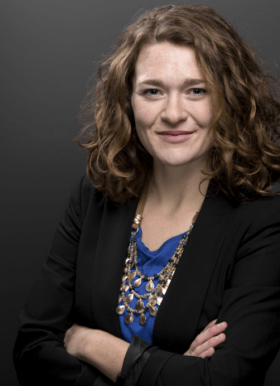
Diana O'Brien
Professor, Political Science
PhD, Washington University in St. Louis
- Email: dzobrien@wustl.edu
Diana Z. O'Brien studies the causes and consequences of women's political representation. Her work examines gender and political parties, legislative politics, and executive branch politics, as well as citizens' responses to women's presence in politics.
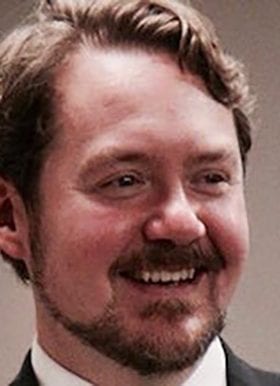
Andrew Reeves
Associate Professor, Political Science
PhD, Harvard University
- Email: reeves@wustl.edu
Research examines the interchange between institutions and behavior with a focus on political accountability in the United States. My work has appeared in the American Political Science Review, the American Journal of Political Science, and the Journal of Politics, among other outlets.
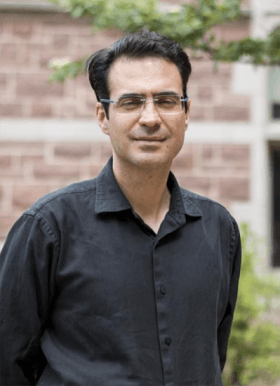
Guillermo Rosas
Associate Professor, Political Science
PhD, Duke University
- Email: grosas@wustl.edu
Guillermo Rosas' research focuses on the economic consequences of political regimes and on the effect of political institutions on behavior of political elites in Latin America. He teaches courses on Latin American Politics, Comparative Politics and Political Economy, and Linear Models.
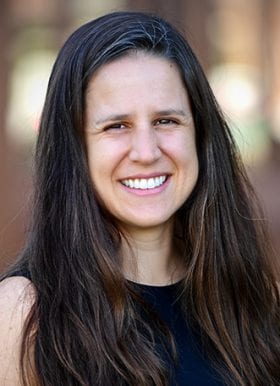
Betsy Sinclair
Professor, Political Science
PhD, California Institute of Technology
- Email: bsinclai@wustl.edu
Interests are located in American politics and political methodology with an emphasis on individual political behavior. Additional focus on networks, causal inference and contagion in experimental data, and the capacity of NLP to discern political and institutional differences in elected officials' social media content.